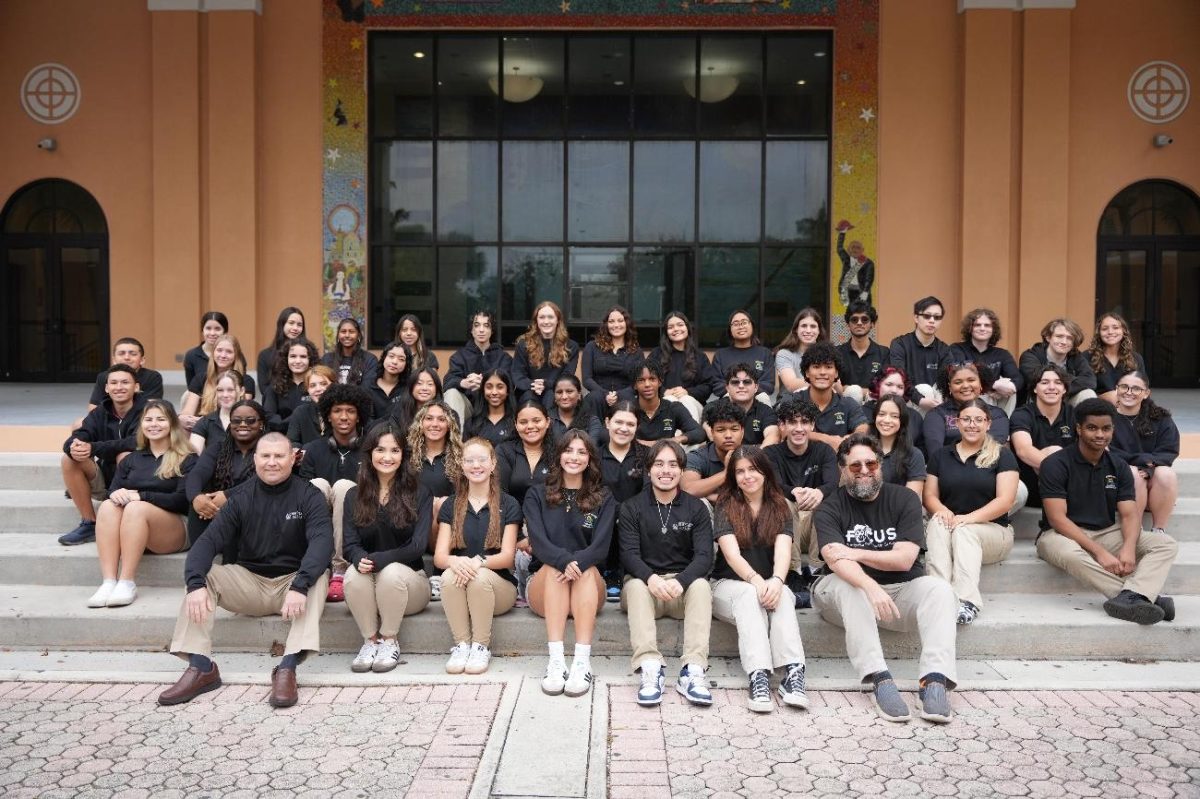Following a recent wave of new legislation in Florida, the state has enacted a law banning sleeping in public areas. However, this decision raises questions: why was this law implemented, and how will it impact those living in poverty?
This new law, which went into effect on Oct. 1, aims to address issues of homelessness and public safety. This legislation specifically states areas such as sidewalks, parks, and public spaces are areas that individuals cannot sleep at. Citizens argue that the law is necessary to enhance community safety. However, it has sparked widespread debate about community standards and the rights of Florida’s homeless population.
American Addiction Centers have weighed in on the issue, suggesting that by prohibiting public sleeping, this new law could reduce homelessness, particularly for those struggling with substance abuse and poor mental health. The idea is that more individuals will be encouraged to seek help in designated encampments, where treatment for these issues will be available.
Broward had more than 1,000 homeless people in 2023, but many believe that this number is much higher. It has been proven that Fort Lauderdale has the largest number of people living on the streets, with a homeless population of 780 people. Hollywood has 164, with Lauderhill having 136, and Pompano Beach having over 110. This equals thousands of homeless people spread across the state.
The number of available beds countywide is only 612, which is about 1,000 too short. Fort Lauderdale Mayor Dean Trantalis states, “We do not have the capacity to handle the homeless population.” Other homeless shelters believe the biggest part of that solution isn’t to create and have more shelters, but to provide supportive housing for those that are the most difficult to shelter.
“I don’t agree with the new set of laws being pushed out in our state,” says PPCHS freshman Yogitha Adusumilli, voicing her concerns about the state’s recent law. “First there was a law about Florida public schools having to contain armed security, and now they’re banning being able to sleep in public spaces?” Her questions highlight the troubling direction of these policies.
Adusumilli also emphasizes the need to focus on essential resources, stating, “We should begin to worry about things like the amount of food homeless shelters contain, and the beds, water, and clothing that they can provide to homeless people.” She raises an important point: if shelters face limitations on basic human needs, what will be the impact on those who rely on them for support?
As Florida continues to pass laws that some find controversial, it remains to be seen whether future legislation will have a positive or negative impact on its most vulnerable citizens.









